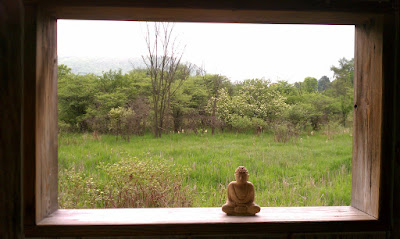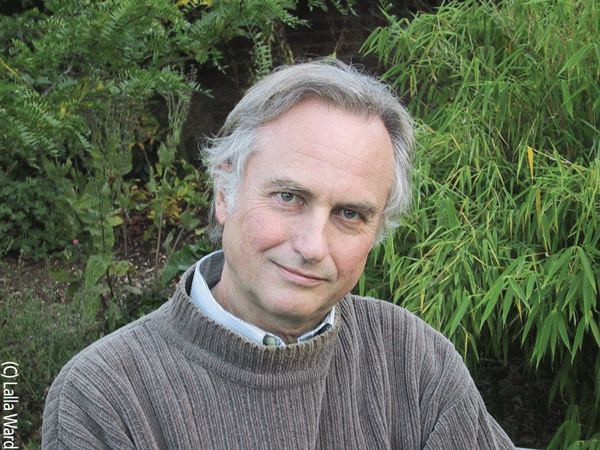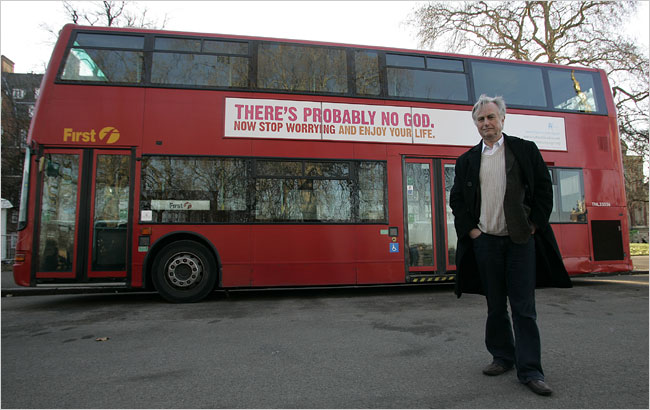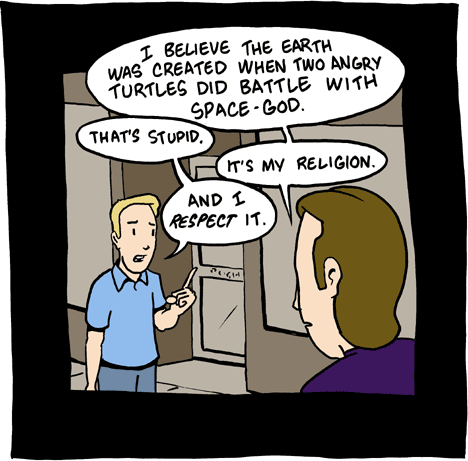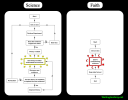 When I was kid, we had a family friend who was a Franciscan monk. His name was Father Edgar, and he was a big presence in our family, even though we didn’t see him all that often. He knew us because my Aunt Linda had been a religion teacher in a Catholic school and, if my memory is right, Father Edgar taught there, too. Or maybe served as an administrator.
When I was kid, we had a family friend who was a Franciscan monk. His name was Father Edgar, and he was a big presence in our family, even though we didn’t see him all that often. He knew us because my Aunt Linda had been a religion teacher in a Catholic school and, if my memory is right, Father Edgar taught there, too. Or maybe served as an administrator.
In any case, every once in a while when I was very young, this guy in a priest’s collar would show up at some family event. He was very impressive. Smart and funny and good with kids. He called me “jaybird†(I went by Jay rather than Jason back then) and always made me feel like one of the adults. He was also the first person I ever met whose job I thought I might like to do. Of course I didn’t quite know what it meant, but I thought it would be fun to be a guy like Father Edgar.
Years later, for non-religious reasons, my parents and sister and I switched from the Catholic church to the Methodist church in our town. We instantly became very close to the church’s two pastors, David and John. They were good men — very different from one another but both committed to building a loving community in our church. John had been a steel industry executive until deciding to enter the ministry. David was a genius — he spoke several languages, read several more, and collected Swiss stamps. Once again, I thought their job would be a good fit for me. I even went so far as to attend seminary classes with John at Colgate Rochester Crozer Divinity School so I could see what they were like.
Then in 1988 or ’89, at the age of 15, I realized I didn’t believe in God.
I realized this mostly because I’d finally made friends with people who were atheists. I’m honestly not sure that option had even occurred to me before I met these people, but once it was on the table, I knew quite quickly that I was one of them. It was a real problem for my family. Luckily I graduated from high school not long afterward and my lack of faith stopped being an issue because I no longer needed to go to church.
Here’s the thing, though — nothing in American society can replace church. It’s the one place people go where they’re at least ostensibly prepared to receive some sort of moral instruction. And it’s a place where you can talk about building a loving community — or just talk about love, period — without everyone running away screaming. Many churches, of course, don’t focus on that kind of thing at all. American churches are also focal points for intolerance. But when it’s done right, a church community can be a beautiful place, and I’ve never found anything quite like it.
In my 20s I discovered Buddhism and developed a meditation practice that continues today, albeit with many breaks over the years. I tried several times to become a regular member of a sangha (the Buddhist version of a congregation), but I’d usually run away because of the formality and ritual and, well, religiosity of it all.
But the idea of serving as some sort of community leader never left me. I ran for office, I ran political parties, I worked as a community activist and broadcaster and performer. I tried in many different ways to create the kind of communities I’d loved back in my religious days. I did a lot of fulfilling work over the years and, I’d like to think, left some of the places I lived better than I found them. But there was always something missing.
I applied twice to Naropa University, a Buddhist university in Boulder, CO. I was accepted both times but couldn’t go for financial or family reasons. As recently as last fall, I was accepted as a staff member at Upaya Zen Center in Santa Fe, where I hoped to work and eventually qualify for their chaplaincy program. (I don’t have a Bachelor’s degree, so the obvious route of some sort of divinity school isn’t open to me.) I ended up canceling my Upaya plans, though, when I decided to stay here in Auburn, Alabama, for a while.
The other day, though, I was walking to work when this happened:
/ / /
devotion
I can’t call it a struggle
not in the sense I would wish
I’m sure I don’t believe
in fact it’s hard for me to imagine
I ever did, except as obligation
and yet this morning again —
while walking the quiet sidewalks
of this Southern college town
listening to a priest read Herbert and Jarrell —
I imagined what it would be like
to say goodbye to all this day-to-day
to wrap my body in black
stand in the glow of stained glass
say the words I can still recite from memory
nearly thirty years after
I picture their faces, lost as I am
looking to me to make sense of
what cannot be made sense of
what a gift that must be
to sit at the center of so many lives
to reassure them that it all means something
that today is more than another spin
around an axis most of them
must also take on faith
I want to be the one the grieving family calls
the calm presence at the bedside
or the smiling face to those whose days
contain few smiles
I want to wear the uniform of compassion
to speak with the voice of righteousness
to say to the strikers, the protesters,
the homeless, the jailed:
you are not alone
and in that moment to see in their eyes
their silent response:
we need you
/ / /
And ever since, my insides have been jumping around like oil on a hot frying pan. I just can’t get that walk out of my head, or the sense that I desperately need to get back to the business of serving people.
Several of my friends have asked why I don’t just do that kind of work without any religious trappings. That would certainly be my preference, but as I said, I’ve tried that and found something lacking. I tried to describe it in an email to a friend who’s both a community organizer and an ordained minister:
That experience yesterday was one of the strongest emotional experiences I’ve had. These last months I feel like a need to serve has been building inside me. It’s always been there, but these days it’s like a physical manifestation in my chest, in my heart, in my thoughts. If I thought I could hack it in a Christian seminary, I’d go today.
I doubt I could, though, and I don’t have a BA, so I’m just not sure what to do. I think I belong in “the ministry,” whatever that term could mean for a guy like me. But I’d need to do it honestly and without telling people things I don’t believe.
I’ve been talking to two local friends in the past 24 hours and describing how when you show up at a strike, a protest, a meeting, a bedside in your collar, the entire atmosphere changes. People listen to you, accord you respect, assume your righteousness and compassion. (I know this isn’t universally true, but I’ve seen you work enough times to know it’s generally true.) It seems so right, so good … and so much who I want to be.
I look at people like you, or like the Berrigans, or like Thich Naht Hanh, and so many other examples, and think that’s where I want to be. Who I want to be.â€
Again, I really am an atheist. I don’t think what’s happening now is God speaking to me or anything like that. I truly don’t believe in any of that stuff. But I do believe in the power of the trappings of religion to change people’s way of thinking. I know they’ve changed mine in various ways over the years. And I feel strongly that whatever is going to happen next for me needs to involve service and the building of an intentional, loving community. As John, the minister mentioned earlier, told me a couple years ago: “You need to get paid to love people.â€
So that’s what I’m trying to figure out these days. How does a hardcore atheist who is suspicious of organized religion answer an internal calling to serve in a capacity that most closely resembles the ministry? If you’ve got thoughts — theoretical or philosophical or practical — I’d love to hear them in the comments below.
[Photo by Amanda Vita.]
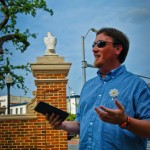 When I was kid, we had a family friend who was a Franciscan monk. His name was Father Edgar, and he was a big presence in our family, even though we didn’t see him all that often. He knew us because my Aunt Linda had been a religion teacher in a Catholic school and, if my memory is right, Father Edgar taught there, too. Or maybe served as an administrator.
When I was kid, we had a family friend who was a Franciscan monk. His name was Father Edgar, and he was a big presence in our family, even though we didn’t see him all that often. He knew us because my Aunt Linda had been a religion teacher in a Catholic school and, if my memory is right, Father Edgar taught there, too. Or maybe served as an administrator.